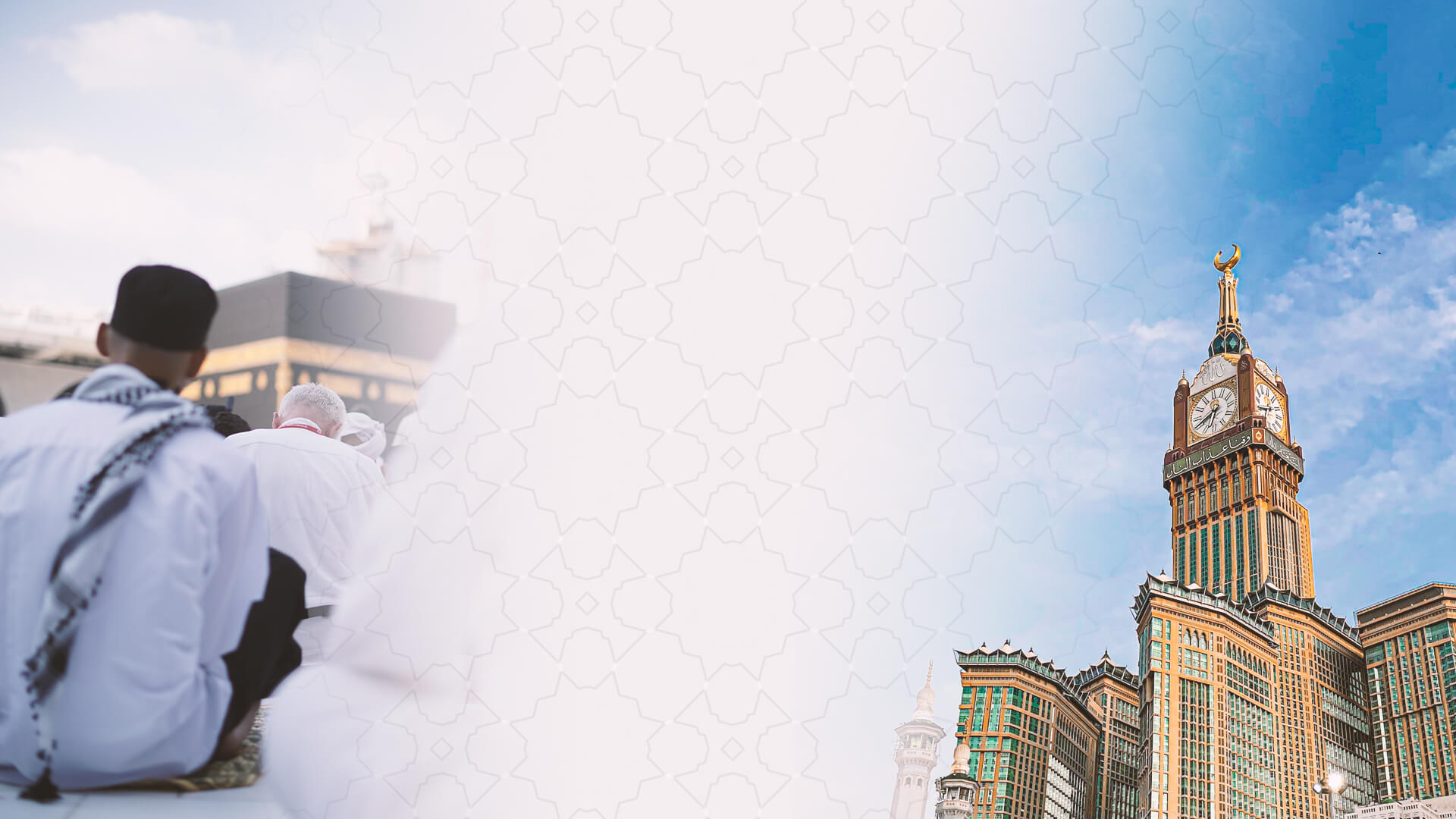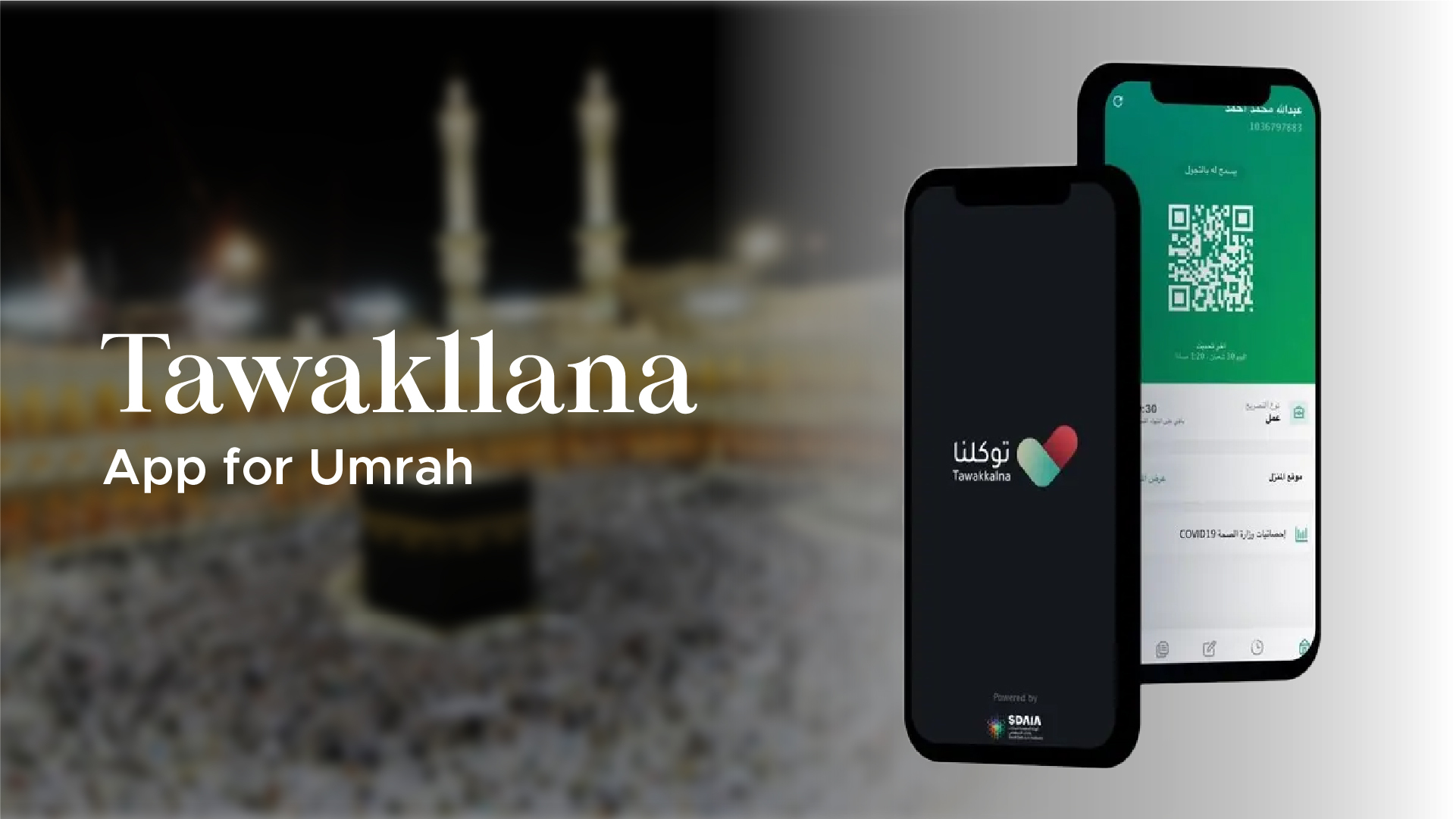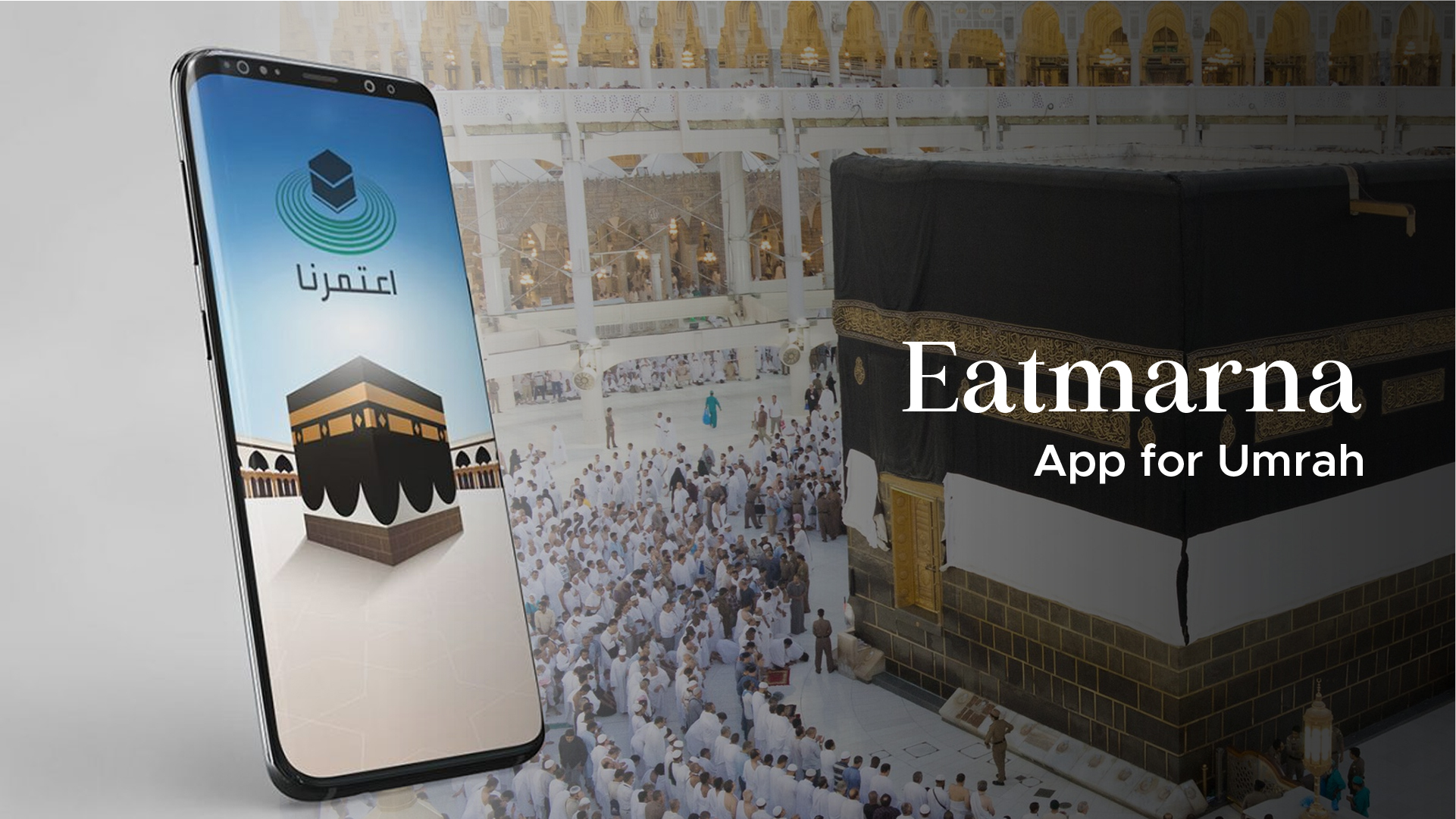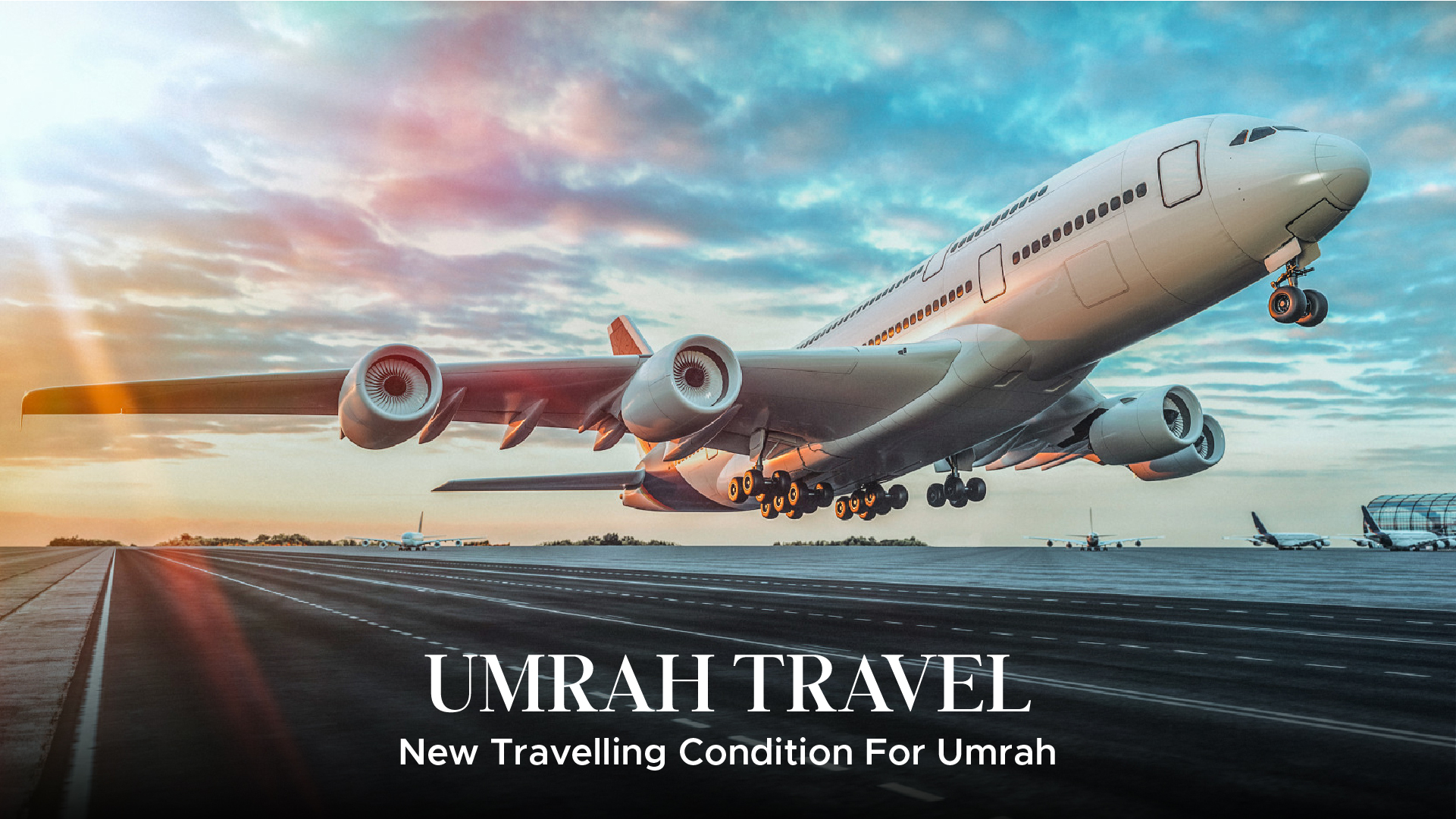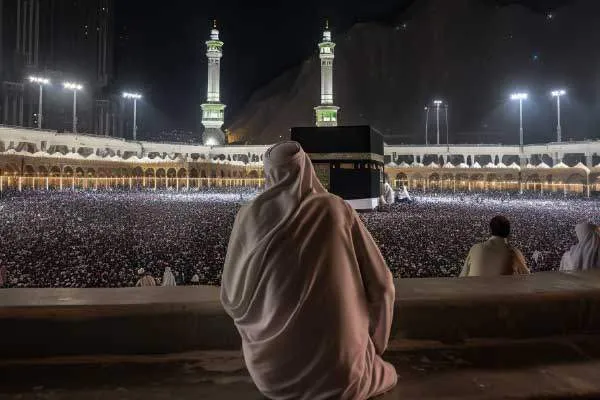How is your mental health during Ramadan?
Ramadan 2024 is a holy month in the Islamic calendar, during which Muslims fast from dawn to dusk. It is a time of reflection, spiritual growth, and community. However, fasting can have an impact on one’s mental health. We will read about how we’ll look at how Ramadan affects mental health and discuss strategies for doing so during the holy month. And how Ramadan Umrah is beneficial if you take the services by Makkah tour
Ramadan umrah by Makkah tour
Muslims undertake a month-long fast during Ramadan, the ninth month of the Islamic calendar. With faith, prayer, almsgiving, and the Mecca pilgrimage, it is regarded as one of Islam’s five pillars. Muslims fast from dawn until dusk throughout Ramadan and refrain from eating, drinking, smoking, and engaging in sexual activity. Moreover, it is a time for heightened prayer and spiritual meditation.
How Can Ramadan Impact Mental Health?
The impact of Ramadan Umrah on mental health can be either beneficial or detrimental. A state of exhilaration brought on by fasting may be good for one’s mental health. Physical weariness, anger, and mood swings might also result from it. Dehydration and little sleep can both have a detrimental effect on mental health. Also, people are expected to increase their charitable giving and prayer throughout Ramadan, which can add to the pressure and stress.
Muslims throughout the world see Ramadan Umrah as a time for spiritual introspection, self-improvement, and heightened piety. Fasting, which involves refraining from food and liquids from sunrise to dusk, is one of the main tenets of Ramadan 2024. Although fasting is a significant component of religious commitment, it can affect mental health in both positive and bad ways.
Positive Effects of Fasting on Mental Health
Improved sense of self-control and discipline: Fasting calls for self-control and discipline, which can help people improve their sense of self-control and discipline in other areas of their lives.
Heightened sense of spirituality: Fasting can aid people in feeling more spiritually and religiously connected, enhancing feelings of tranquility, happiness, and emotional well-being.
Opportunities for community building: Fasting is often done with family and friends, creating opportunities for individuals to connect with others and foster a sense of community. Fasting helps people to focus and understand things.
Negative Effects of Fasting on Mental Health
•Hunger and thirst can increase irritation and cause mood swings and difficulties controlling emotions, especially in people already predisposed to anxiety or melancholy.
• Fatigue and low energy levels: Fasting can cause weariness and low energy, which makes it harder to concentrate and be effective.
• Headaches and other physical aches and pains: Dehydration and low blood sugar levels can lead to headaches, vertigo, and other physical aches and pains that can worsen stress and anxiety symptoms.
Coping Strategies for Maintaining Mental Health During Ramadan 2024
Get hydrated: During non-fasting hours, drinking enough water can help prevent dehydration and ease physical discomforts.
Get enough rest: Rest is essential for preserving excellent mental health. During Ramadan, be careful to give sleep a priority.
Eat wholesome foods when you aren’t fasting: Eating wholesome foods when you aren’t fasting can help you feel more energized, stabilize your mood, and increase your general well-being.
Become more mindful: Use your fast as a time to cultivate awareness and consider your thoughts and feelings.
As needed, take breaks and eat or drink to prevent aggravating negative mental health symptoms if fasting proves to be too tough.
Get assistance: If you require support throughout Ramadan 2024, get in touch with friends, family, or a mental health professional. It’s crucial to
Makkah tour provides you with all the best services, keeping in mind how Ramadan fasting can affect mental health in both positive and negative ways. During this significant religious observance, people can maintain good mental health by using coping mechanisms and getting help when they need it.
Challenges during Ramadan
Ramadan 2024 can provide several difficulties that are harmful to one’s mental health. The shift in routine is one of the major obstacles. A 24-hour fast can cause adjustments to daily routines such as eating, sleeping, and exercising. This may be particularly challenging for those who work occupations that demand a lot of physical or mental effort.
Dehydration presents another difficulty. Fasting might be particularly difficult during the summer since the body may lose more fluids through sweat. Dehydration can cause irritation, headaches, and weariness, all of which harm mental health.
Last but not least, social isolation can be difficult during Ramadan. Muslims frequently congregate with their loved ones and friends to pray and break their fast together. Yet, because of COVID-19
Impact of Fasting on Mental Health
Both beneficial and bad effects on mental health may result from fasting. On the one hand, fasting may boost one’s spirituality and sense of kinship with a higher force. It may also encourage reflection and mindfulness. Contrarily, fasting can cause mood swings, irritation, and exhaustion, which might impact mental health.
Maintaining Mental Health during Ramadan 2024
Hydrate and Eat Nutritious Foods
Drinking plenty of water and eating healthful foods throughout Ramadan is crucial. Dehydration can cause headaches, vertigo, and exhaustion, all of which can make you feel worse. Healthy foods like fruits, vegetables, and lean meats will help regulate mood and provide long-lasting energy all day.
Sleep
Sleep is crucial for preserving mental wellness. Ramadan’s altered eating customs and nightly prayers might make it difficult to keep to a normal sleep pattern. Yet it’s crucial to put sleep first by going to bed and waking up at the same time every day, abstaining from caffeine and using electronics right before bed, and establishing a peaceful sleeping environment.
Stay Connected with Loved Ones
A time for community and connection is Ramadan 2024. Yet, social isolation practices could make it difficult to have in-person interactions with close relatives. Maintaining a phone or virtual connection is crucial. Communicating with close ones can give one emotional support and a sense of community.
Engage in Mindful Activities
Engaging in mindful activities, such as meditation, yoga, or prayer, can help reduce stress and promote mental well-being. These activities can help cultivate a sense of calm and improve overall mood.
Seek Professional Help if Needed
It’s crucial to seek professional assistance if fasting has a major negative influence on your mental health. Consult a mental health professional to help manage your mental health throughout Ramadan. Our experts on the Makkah tour can help you in every way. We even provide you with 24/7 customer service.
Tips on how to book Umrah during Ramadan
Makkah, the holiest city in Islam, is a destination that millions of Muslims worldwide aspire to visit at least once in their lifetime. Every year, millions of pilgrims visit Makkah to perform the Hajj and Umrah rituals, considered Islam’s most important and sacred acts of worship. If you plan a trip to Makkah, finding the best tour package can make your journey much more comfortable, convenient, and meaningful. Here are some tips to help you choose the best Makkah tour package. So, book Umrah during Ramadan and enjoy this religious journey
Check the reputation of the tour operator: The first and most important thing to consider when selecting a Makkah tour package is the tour operator’s reputation. Look for a tour operator with a good reputation for providing high-quality services and ensuring customer satisfaction. You can check reviews and ratings of tour operators online or ask for recommendations from people who have previously visited Makkah.
Check the itinerary: The second important factor to consider when choosing a Makkah tour package is the itinerary. Ensure that the itinerary includes all the important places to visit in Makkah, such as Masjid al-Haram, Jabal al-Nour, and Jabal Thawr. Additionally, check if the itinerary includes guided tours, transportation, and accommodation.
Check the tour duration: The Makkah tour package is another important factor. Depending on your schedule and budget, you can choose a tour package that lasts for a few days or a week. Make sure that the tour package gives you enough time to complete all the necessary rituals and explore the city.
Check for religious requirements: When selecting a Makkah tour package, it is essential to ensure that the tour operator offers all the necessary arrangements and facilities required for your religious obligations. For instance, if you are going for Hajj, check if the tour operator offers Hajj packages that include all the necessary services, such as accommodation, transportation, and meals.
Check the cost: The Makkah tour package is another essential factor to consider. The cost may vary depending on the duration of the tour, the level of accommodation, and the services included. Compare the cost of different tour packages and choose the one that fits your budget.
Search for additional services: Some tour operators may offer services such as visa processing, travel insurance, or airport transfers. Look for a tour operator that offers such services to make your journey more comfortable and hassle-free.
Consult with a travel agent: If you are unsure about booking a Makkah tour package online, consult a travel agent specializing in Makkah tours. They can provide you with valuable information and advice. And help you choose the best tour package that suits your needs and preferences.
Contact Us
Whatsapp: 07418378756
Complaint: 0203-500-0947
Email: Info@makkahtour.co.uk
Complaint: Complaint@makkahtour.co.uk
